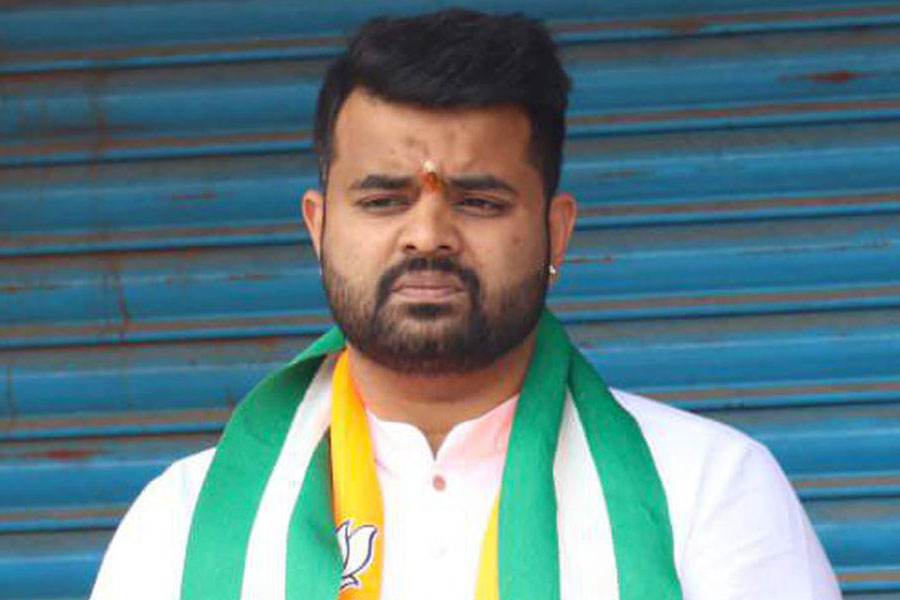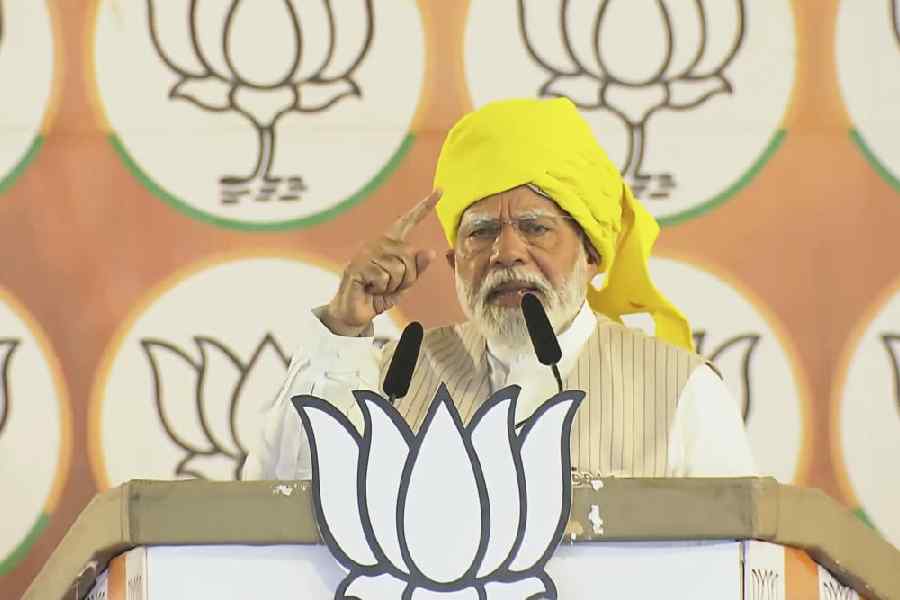“Look at the sting at the tip of its tail”, said Feluda to his sidekick, Topshe, describing a scorpion he had managed to trap in an upturned tumbler in the Jodhpur Circuit House. “If it bites?” asked Topshe. Pat came Feluda’s response: “Certain death for the young and old, everyone else half-dead.”
Similar is the effect of Section 30(2), the ‘tail’ of the digital personal data protection bill 2022, India’s first comprehensive privacy legislation. This seemingly innocuous provision will certainly kill the Right to Information Act, 2005. Participatory democracy in India will be half-dead as a direct consequence.
In one fell swoop, Section 30(2) prioritises the privacy of personal information over the right to information of citizens. In the original scheme of the RTI Act, personal information may have remained exempt from the scope of RTI disclosure only if two further conditions were met. First, such information should not have any public interest attached to it; second, if such information had to be disclosed to Parliament or the state legislature (say in response to a legislator’s question), it would have to be disclosed to the citizen who had filed the RTI request.
As an example, if a judge had failed to disclose his/her assets as per the Supreme Court’s own internal resolution, a citizen could ask for such information through a RTI request and it would have to be provided. The proposed amendment shuts this door. It simply states that anything that relates to personal information may be denied in an RTI request. Whether that personal information has public interest attached to it or not, or whether it has to be made available to Parliament or not, is immaterial. Privacy wins. Transparency must give way.
How is this provision likely to be used? The former Central Information Commissioner and RTI activist, Shailesh Gandhi, has provided many telling examples — the redevelopment of Crawford Market in Bombay was halted after an RTI request disclosed that the developer would make a gain of Rs 1000 crore and the Brihanmumbai Municipal Corporation would only get Rs 40 crore. Again, a land parcel in Pune allocated to the former president, Pratibha Patil, for building a post-retirement home was shown in an RTI request to be far beyond her entitlement. After public outcry, the former president chose to forego the land allocation. (https:// scroll.in/article/ 1042602/these-instances-show- how-the-digital-data- protection-bill-will- undermine-the-rti-act).
These requests can now be legally denied since they relate to personal information — the financial details of the developer, the address of the plot where Patil’s new house was being built and so on. This is a self-serving amendment that is likely to damage good governance immeasurably.
The amendment is also conceptually unjustified. In principle, the right to privacy does not mean the right to do things in secret. If that were the case, privacy would include a right to take hard drugs inside one’s home and to strike corrupt deals in hotel rooms. Instead, privacy implies the right to be able to do as one chooses, to be let alone on matters that are essentially self-regarding. But for holders of public office, parts of their life and associated personal information aren’t self-regarding — they may certainly have public relevance. If bank accounts of public officials show disproportionate increases relative to income, then the public certainly has a right to know the source of such funds; similarly, the contact details of an elected representative should be available publicly, as should the record of disbursals made in a welfare scheme by a village official, including details of beneficiaries. On the other hand, some parts of their private lives may not have any public value except as gossip. But a one-size-fits-all solution of privacy trumping transparency in all instances, leading to a routine denial of RTI requests as the amendment has done, is egregiously wrong in principle.
The blanket privileging of privacy over transparency is also a politically disempowering move. One of the key factors that catapulted the National Democratic Alliance under Narendra Modi to power in 2014 was the promise of a corruption-free India. The country had been rocked by the Commonwealth Games scandal, the corruption in house allotments in Adarsh Society, and the 2G corruption scandal. Each of these scams was uncovered in part because of persistent RTI queries that shone a light on several shady deals and questionable decisions. Were the RTI to exist in this amended form, such disclosures would neither have been possible, nor would the reputation of the then Union government taken as large a hit as it eventually did. It is politically myopic for any government today to foreclose such a possibility in the future, no matter what its short-term gains might be.
Needless to say, defenders of the amendment will point to the many instances where the RTI Act is and may be abused. Decision-makers may be deterred from taking bona fide decisions if motivated applications are filed; at other times, for a few eyeballs on social media, bogus RTI applications may be filed that hold up governance. But these are minuscule exceptions. A dispassionate assessment of RTI orders by Public Information Officers and appellate bodies shows how few and far between such bogus queries are in relation to genuine ones. It is no surprise that in the Global Right to Information Rating, a comprehensive assessment of the operation of all RTI legislations in the world, the Indian RTI Act is currently ranked 8th out of over 100 countries to have such laws. In this context, the fear of abuse is hugely exaggerated.
The only kind of State that has historically refused information to its citizens is a colonial State that rules by force and diktat, not by reason and consent. If India is serious about its emerging identity of a postcolonial State that refuses to play by the colonial playbook, it should drop the garb of the colonial State at home. Section 30(2) of the digital personal data protection bill takes the government from being one of the people to becoming one above the people. Dropping it is critical both for the government’s own postcolonial image and the future of participatory democracy in India.
Arghya Sengupta is Research Director, Vidhi Centre for Legal Policy. Views are personal










